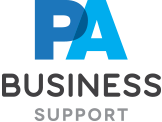We’re going to be honest with you: even though we’ve interviewed hundreds of candidates, we can now confirm that interviewing is…not easy. Sometimes, it’s more of an art than a skill. But the more you do it, the better you become. If it’s your first time, however, chances are you’ll get it wrong. Unless of course, you prepare properly. So, to help you do that, here are our four top tips to successfully assessing your future employees. Read on…
1. Prepare Properly, Execute Efficiently
You probably know to write down the key questions you’re going to want to ask before the interview, but here’s a pro-tip: use the job description itself as the roadmap. This will help you to make a balanced and informed comparison of each candidate. You also probably know to take notes; here’s another tip: divide your note-taking into two sections, the interviewee’s answers and your own observations and impressions. This second column is where you note things like “seemed very enthusiastic about role”, or “avoided eye-contact here”, etc. It’s a way to jog your memory about the candidate when you review – your strongest impressions will bring an instant picture of them to mind. Meanwhile, make sure to balance active note-taking with active listening – you don’t want to miss something, but you want the interviewee to feel relaxed and engaged.
2. Hire for a “culture shake up” instead of a “culture fit”
A lot is said these days about the “culture” of a company. More and more frequently, the right “cultural fit” is the deal-maker, sometimes even trumping experience. This isn’t necessarily a good thing; though you may feel that it is essential to hire someone who is going to be a good ‘fit’ in the office and be great company at the after work socials, but if everyone has a similar personality or point of view then you could actually be prejudicing the business. Our advice? Don’t be afraid to go for a “culture shake-up” rather than a “culture fit”. There is such a thing as ‘constructive conflict’: according to a study by Columbia Business School, diversity in a team leads to greater financial returns and faster growth.
3. Clichéd, boring questions lead to clichéd, boring answers
In recent years, we’ve all become a bit obsessed with asking the “tell me about a time” or “what’s your greatest strength/weakness” questions. In 2019, these questions are stale and uninspiring. All you’ll get is rehearsed, usually made-up answers that leave you none the wiser, even bored. Let’s start with the one that always makes you feel clever for asking: “why should we hire you?” This screams for a rehearsed response and quite honestly rarely reveals surprises. Instead, make your interviewee think on their feet and be more specific with: “If you get the job, how do you think you could add value to the team?”. Here’s another: the ever-popular, “what is your greatest weakness?” will usually reveal something very minor or unimportant…and good luck finding the truth! Instead, ask them to “describe a time you failed in a job”. This will elicit something that requires tangible details and is verifiable (it’s also a much better way of revealing strength of character).
4. Get to the truth behind “soft skills”
Most hiring decisions are made based on “hard skills” – proven experience that’s easily qualifiable. However, real talent is found much more frequently in “soft skills” like team-working, decision-making, problem-solving, organisation, managerial and interpersonal skills. Of course, everyone says they have all of these, so how on earth do you qualify them? Fear not – we have an answer: it’s called the situational question. Situational questions are designed to assess soft skills by giving you the chance to see how a candidate would actually use them. For example, a question we often use with our Virtual Assistant candidates are, “when you undertake multiple projects with tight deadlines, how do you stay on track?”. Or, “tell me about a time you had to collaborate with someone who was difficult to work with” is a great one.
To conclude, it’s recognise that interviewing requires proper skills and a strategy. However, before you even get to the table, there is another piece of the puzzle – finding the right candidates to interview. Now that’s a different kettle of fish, one that we’ve built a whole business around just to master (so you don’t have to).
If making sure you’re getting the best talent with the most potential for your company sounds like something you want, then drop us a line here.




